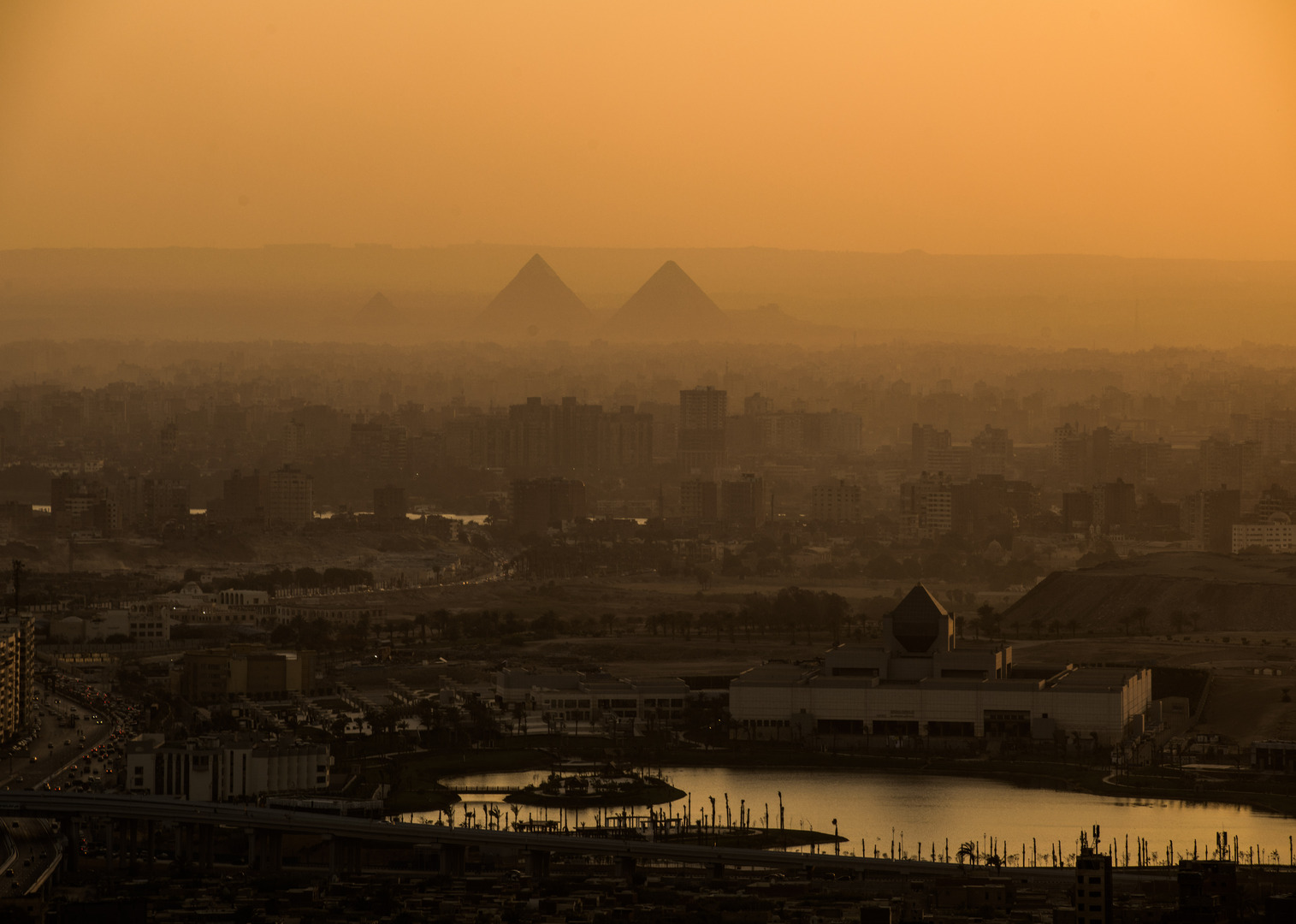

global lookpress
Egypt’s Ministry of Irrigation is working through special “self-control” to collect the largest possible amount of groundwater, which has been supplied to more than 15 underground wells.
read more

Ayman Al-Sayed, head of the telemetry and monitoring sector at the Ministry of Water Resources and Irrigation, said that each licensed underground well specifies in its license a type of pump on which it will operate, its disposal is known, and also Specified the number of hours of daily operation, and the water rating for each well, commensurate with these limits and the capacities of the reservoir. groundwater, as well as the types of crops that will be grown on the resulting water.
Al-Sayed explained that the purpose of these techniques is to prevent excessive extraction from the aquifer, which will allow the operation of the well to be sustainable and preserve groundwater reserves.
He stressed that this automatic mechanism prevents exceeding the daily withdrawal limit specified in the well’s license, and upon reaching that, the power to the well pump is cut off, to stop the water pumping.
The Irrigation Ministry had signed a collaboration protocol with the New Valley Government to install monitoring and control equipment for 19 wells, which are monitored automatically remotely through a central operating room.
The head of the telemetric sector said that there is another type of regime for the operation of underground wells, which is using solar energy in operation, so that these wells operate only when the sun shines, and also ensures that there is no excessive drainage from the aquifer.
“Sensors – sensors” are added to the wells to operate on solar power. These sensors provide data on the number of hours of operation, measurement of the amount of sunlight, the amount of water taken up using solar power, and the amount of electricity. The energy provided by solar power to the well.
The Human Development Report in Egypt revealed the disastrous consequences expected due to the Ethiopian Renaissance Dam, and the report talks about a reduction in the annual share of Egypt’s Nile and the loss of large areas of agricultural land.
Source: Al-Ahram





